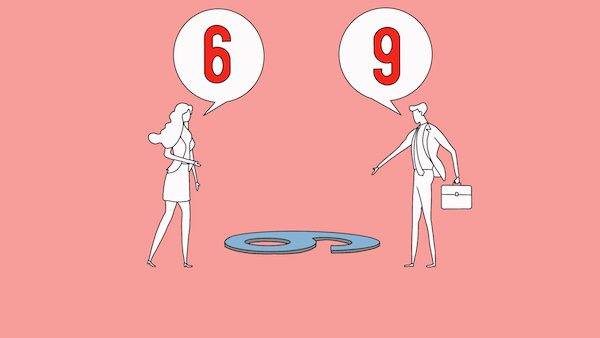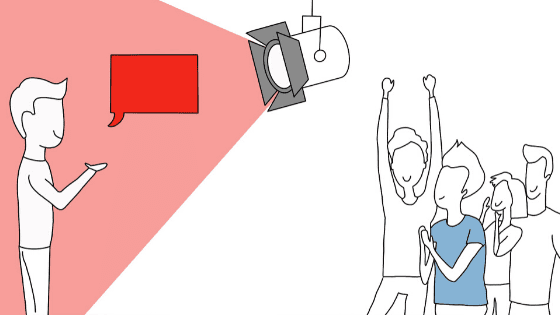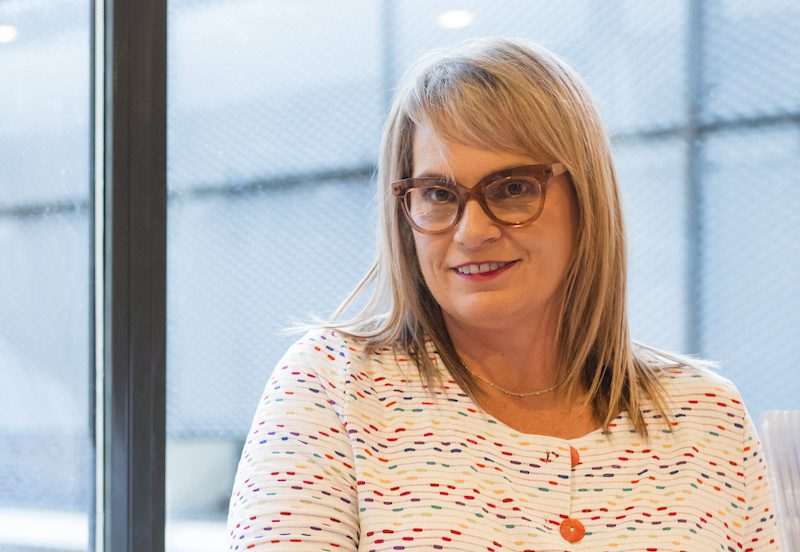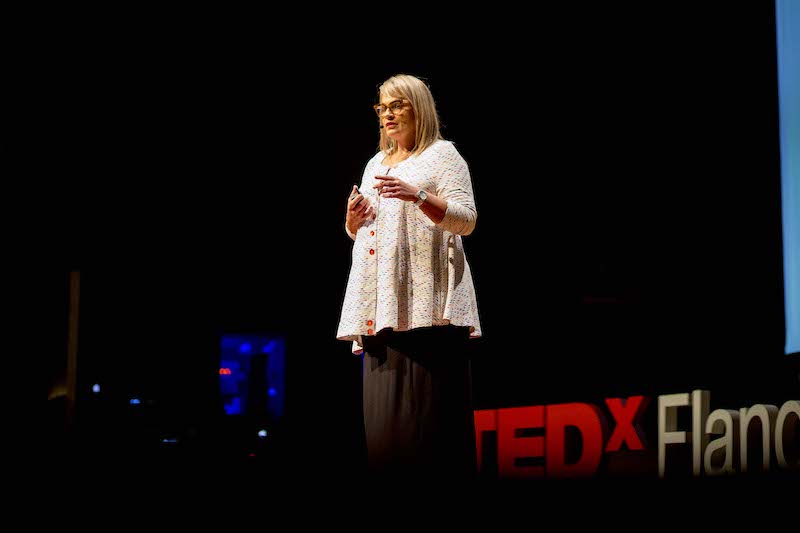Here’s an interesting take on what it feels like to be an outsider.
This is a feeling that many women in the working world experience on a daily basis. Many men are not conscious of this — which makes for a very interesting situation when the roles are reversed for once.
The feeling of being in a minority is a huge factor in how you experience or approach speaking in front of an audience, which is why I’d like to include this on our blog.
Here’s the story:
I had my first Christmas party of the year at The Library Group in Brussels which is ran by Anne-Sofie van den Born-Rehfeld and her team. As always, it was a great event with wonderful people.
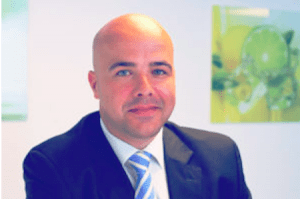

When I was about to go home, I ran into Gaëtan Vanreusel. I had to think for a second where I knew him from, and then it hit me. ‘Weren’t you the only man in my Powerful Speaking for Women session for Leadarise some years ago?’
And he was! Gaëtan Vanreusel is an executive recruiter who founded Camario. His company won Best Excellence Recognition Award” at the HR Excellence Awards in November 2019.
So I asked Gaëtan a couple of questions on what that experience felt like, and thought I’d share the conversation with you. Many thanks to Gaëtan for letting us share his experience with everyone reading!
How did you end up to be the only man in a group of women?
“As a member of The Library Group, we are invited to events now and then. In a discussion with Anne-Sofie, I mentioned I had some trouble speaking in public. She then told me about a seminar that was planned at The Library by a great trainer. Seats were limited, she asked me if I was interested in joining, and I was glad to. Looking back, there was one thing she didn’t mention…
Arriving at the event itself, I was welcomed inside… only to realise I was the only man among 30+ women! I had just joined what was supposed to be a ‘women-only’ event.”
Was this the first time you were the only men among a group of women?
“I have never experienced anything like this before. I am usually quite an extraverted and highly sociable person, but I now felt I was in unknown territory, and that quieted me down.
I felt a bit uncomfortable for a minute, not sure how I was going to be accepted as a man in the audience. I really felt like a minority.
I’ve said before: “Hey, I wouldn’t mind being part of a minority”. But here, I really got the experience of getting all the attention that comes with it. It made me feel vulnerable.
Not knowing how man-friendly the crowd would be, I paid extra attention to what I said or did, being afraid of being misunderstood or being undermined.
It also made me think afterwards on why had I felt like this. I work with many women every day. But it’s remarkable to realise that I did not know what to expect in this situation, or what the ‘social pattern’ would be.”
I really got the experience of getting all the attention that comes with it. It made me feel vulnerable.
Did it make you reconsider how others experience being part of a minority in a professional context?
“Absolutely. I just didn’t realise what certain women were experiencing or how certain situations made them feel.
To be frank, I think before this, I was sort of missing the point. I used to think that negative experiences in this context had to do with the person in question probably being over-sensitive.
What I see now is how much social pressure is put on you when you are part of a minority. It was intimidating to stand out so much, and I suppose I was afraid of not being valued or judged beyond just my gender.”
What else did you take away from this evening?
“During this event, many women shared their experiences working in men-dominated environments. I realised that what I was experiencing these couple of hours, was actually everyday life for many women…
This experience of first being the only man and second, hearing all these different stories of how women need to fight for respect and equal treatment, was a real eye-opener.
It made me aware of how fragile we feel as part of a minority group. Since the experience, I try my best to give people who may feel part of a minority group, sufficient space to let them be who they are — without the need to conform themselves. I try to make them feel accepted, included, and like a part of a friendly environment.”
I try my best to give people who may feel part of a minority group, sufficient space to let them be who they are — without the need to conform themselves.
What is it that you will never forget about this experience?
“The mixed reactions I received as an extreme minority. For example:
- Being eyed critically. I could see some women thinking, “What the hell is he doing here?” “Doesn’t he notice he’s the only guy?”.
- Being taken “under their wings”, which sometimes came across as patronising. “Are you all right?” “Not too impressed being the only man here?” “Well, I have no problem with you being here!”
- There was the very friendly type constantly making conversation and putting me at ease, taking my attention off of the seminar contents. I couldn’t help thinking, “She wants me to pay more attention to her… This must be how a woman feels when men don’t leave her alone…”
All this may sound silly, but those are the things that stuck and that I won’t forget.”
It’s something that needs to be talked about more. I think men need to be more receptive about this, but I would also sincerely invite women to mention it more.
What do you tell other people about this experience?
“I encourage them to communicate more. I personally did not realise how some women struggle to be respected, listened to, and treated equally.
It’s something that needs to be talked about more. I think men need to be more receptive about this, but I would also sincerely invite women to mention it more. I am convinced most men don’t have a clue, and an experience like this would foster great progress in the matter.
I feel fortunate to have been able to experience this. If it were not initially based on a misunderstanding, I probably would never have been ‘invited’ to such an event. Why not invite a man to a women-only work session, yoga class or gym once in a while?
After this experience, I am convinced that still in this day and age, we need to keep fighting for equal rights for men and women in our everyday lives. Plus, we need to make sure we protect ‘our’ minorities. I can’t ignore that any longer.”
Thank you for sharing, Gaëtan!
What can you take away from this story to improve your public speaking?
What fascinated me most about our conversation is that Gaëtan went through a transformative experience. One that changed his view of the world forever. And it’s exactly these experiences that are the perfect starting point for a brilliant speech.
Imagine for a second that Gaëtan had heard female colleagues complain about company culture, and had then agreed to give a speech, based on a meeting with these women, to encourage better gender equality.
Everyone can gather knowledge and create a speech around it. Only the bold go after actual experiences and instantly set their story apart from the rest.
Now, imagine him creating and giving a speech with the same purpose, but after his unique experience. Which, do you think, will have the most impact?
Everyone can gather knowledge and create a speech around it. Only the bold go after actual experiences and instantly set their story apart from the rest.
What do you take out of this interesting story? Let us know in a reply beneath.

